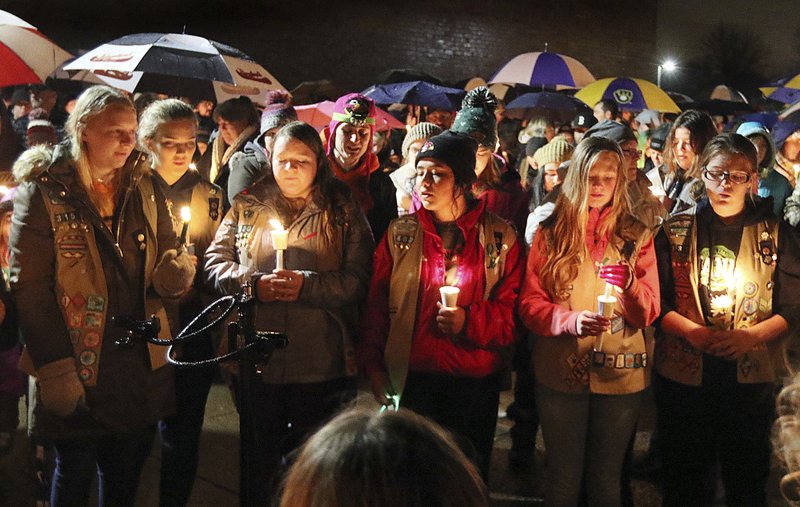Anti-corruption candidate Zuzana Caputova has won Slovakia’s presidential election, making her the country’s first female head of state.
Ms Caputova, who has almost no political experience, defeated high-profile diplomat Maros Sefcovic, nominated by the governing party, in a second round run-off vote on Saturday.
She framed the election as a struggle between good and evil.
The election follows the murder of an investigative journalist last year.
Jan Kuciak was looking into links between politicians and organised crime when he was shot at home alongside his fiancée in February 2018.
Ms Caputova cited Mr Kuciak’s murder as one of the reasons she decided to run for president, which is a largely ceremonial role.
She won 58% of the vote, with Mr Sefcovic trailing on 42%.
Her opponent was nominated by the ruling Smer-SD party, which is led by Robert Fico, who was forced to resign as prime minister following the killings.
Ms Caputova gained national prominence as a lawyer when she led a case against an illegal landfill lasting 14 years.
Aged 45, a divorcee and mother of two, she is a member of the liberal Progressive Slovakia party, which has no seats in parliament.
In a country where same-sex marriage and adoption is not yet legal, her liberal views have seen her promote LGBTQ+ rights.
Saturday night did feel like a moment. Addressing crowds of supporters in her impromptu election HQ at Bratislava’s Habsburg-era indoor market, Zuzana Caputova quietly extolled values that now seem to come from a bygone political age: compassion, tolerance, truth.
But while liberals rejoice at what they see as proof the tide of populism in Central Europe can be turned, some urge caution.
One analyst said darkly within hours of her election: “Expect Fico to launch a campaign against her right away, before June’s inauguration.”
He added that parliament would seek to stymie her liberal agenda even before she took office, for example by passing legislation to make same-sex marriage difficult if not impossible.
But, he said, her appeal to voters remained strong.
“Viktor Orban [the Hungarian PM] attacked her hard from Budapest,” he said. “But I’m hearing most ethnic Hungarians [10% of Slovakia’s population] voted for her anyway.”
In the first round, Ms Caputova won 40% of the vote, with Mr Sefcovic gaining less than 19%.
Several heads of state – including those of neighbouring Austria and Ukraine – have expressed their support for Ms Caputova on social media.
She will be sworn in on 15 June when Slovakia’s current president, Andrej Kiska, finishes his term of office.













